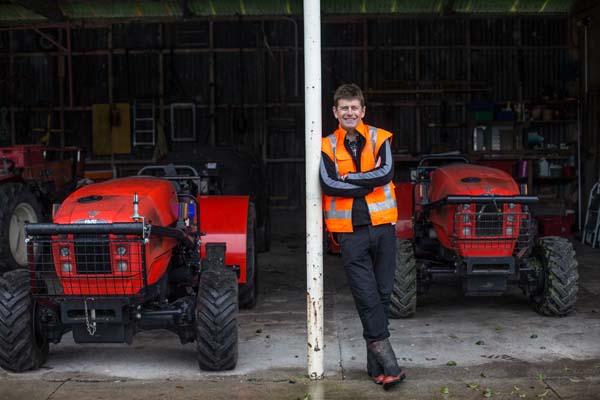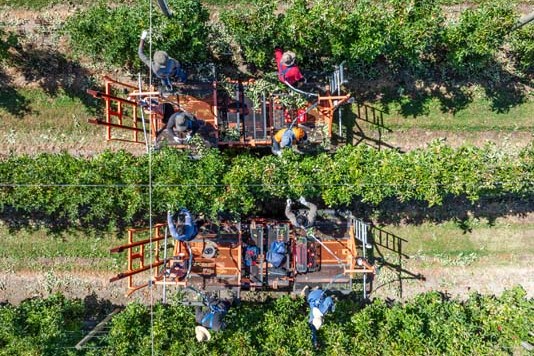By Anne Lee
Based on more than 100 sets of accounts the top 25% of contract milkers are averaging $97,000 equity growth from profit per year but for the remaining 75% the figure is about $11,000.
DairyNZ farm system specialist Paul Bird says analysis of the accounts over the past three years shows the top 25% are able to retain almost 30% of their income as profit making it available for equity growth.
There is a wide range of contract types from straight cents/kilogram milksolids (kg/MS) payments to hybrid contracts which are a mix of contract milking and variable order style agreements.
A $97,000 equity growth from profit figure equates to earning about $245,000 as an annual salary because of the savings from living and working onfarm and the ability for the business to absorb some costs, Paul says.
Based on his analysis of contract milkers’ accounts it is apparent there is some advantage in larger scale jobs but they are not a guarantee of greater returns.
Within the top 25% group there was a big range in milk production.
Contract rate on its own wasn’t a significant driver of equity growth from profit either but the inclusion of stock income into the equation meant gross farm revenue per kg milksolids (MS) had more of an influence on overall profitability.
On average operating expenses for the top 25% of performers was $1.12/kg MS compared with $1.22/kg MS for the rest, making operating expenses a key driver of equity growth from profit.
Logically, operating profit itself is a key driver with the top 25% earning 21c/kg MS as operating profit compared with 4c/kg MS for the other 75%.
Drawings played a role in that with the top 25% drawing $16,000 less each year than the rest.
The DairyBase data represents herds averaging 560 cows however the true average is 484 cows so it would be ideal to have more smaller herd contract milkers and variable order sharemilkers utilise the DairyBase.





